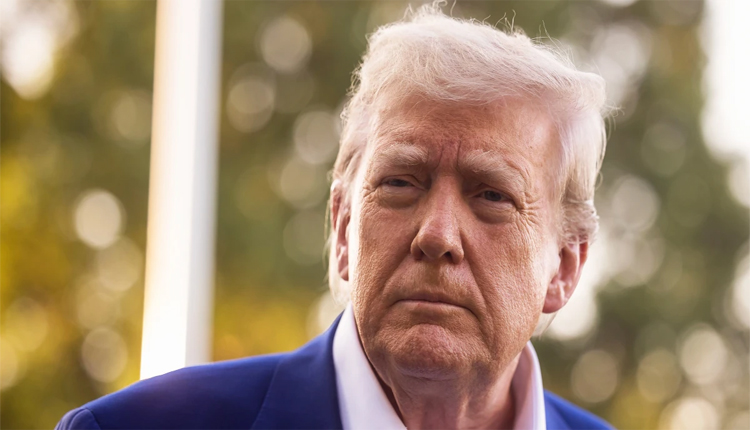Washington: In a surprising twist to global diplomacy, US President Donald Trump has publicly voiced his regrets over the deteriorating relationships with Russian President Vladimir Putin and Indian Prime Minister Narendra Modi, attributing the fallout largely to China’s growing influence.
Posting on his social networking platform Truth Social, Trump lamented, “Because of China, we’ve lost friends like Vladimir Putin (Russia) and Narendra Modi (India).” This candid admission comes hot on the heels of high-profile meetings in Beijing, including the Shanghai Cooperation Organisation (SCO) summit and a Victory Day parade, which have evidently rattled the White House.
Trump’s statement marks a stark departure from his administration’s recent aggressive posture towards both nations. For years, the US has viewed India as a steadfast ally in countering China’s dominance in South Asia. With a population surpassing China’s and equipped with nuclear capabilities, India has been vocal against Beijing’s expansionist moves. During Trump’s first term, ties flourished, culminating in joint rallies in 2019 and 2020 that symbolised a deepening partnership.
However, the bonhomie soured in recent months. The imposition of a hefty 50 per cent tariff on Indian imports, ostensibly due to New Delhi’s continued purchase of Russian oil amid global sanctions, has strained bilateral relations. Trump’s advisors, often aligned with his ‘Make America Great Again’ (MAGA) agenda, have been vocal critics of India, further exacerbating tensions.
According to reports from Axios, this hardline approach has backfired spectacularly.The fallout has pushed India closer to China, with relations warming at an unprecedented pace. A recent claim by a German magazine highlighted that despite repeated overtures from the US President, Modi has steadfastly refused to negotiate on the tariffs.
This shift has heightened anxieties in Washington, especially given a European foreign affairs survey earlier this year which revealed that a whopping 80 per cent of Indians supported Trump’s re-election during the turbulent US political landscape in January 2025. Now, that goodwill appears to be eroding.



Comments are closed.